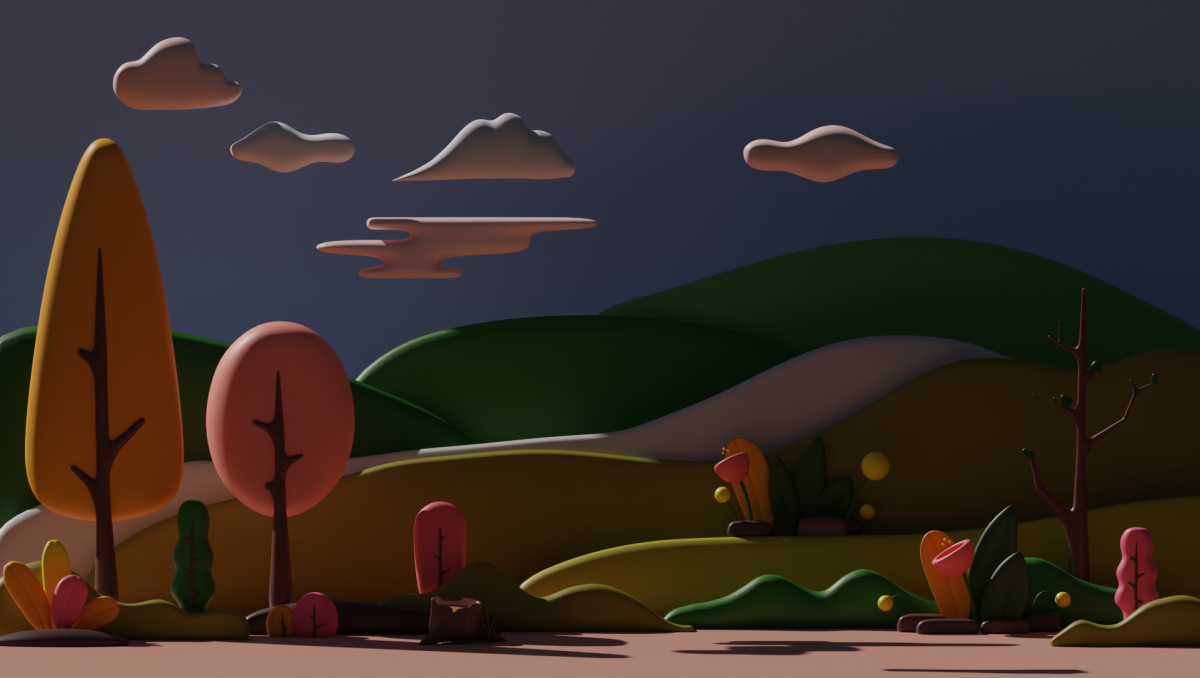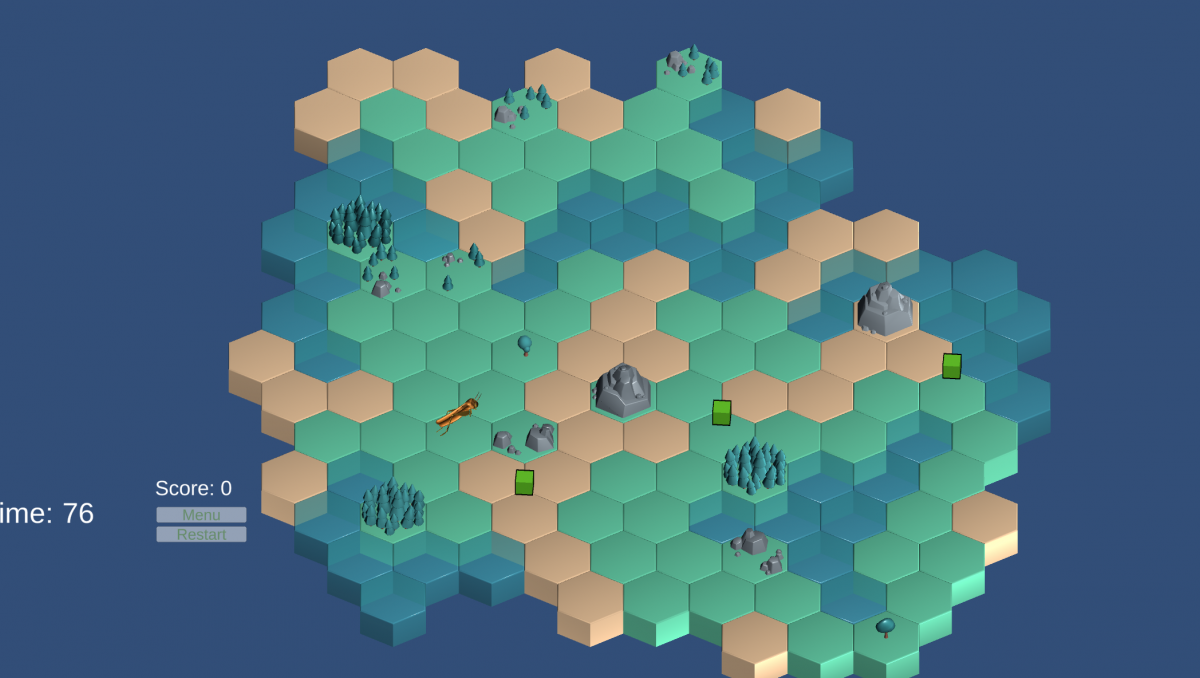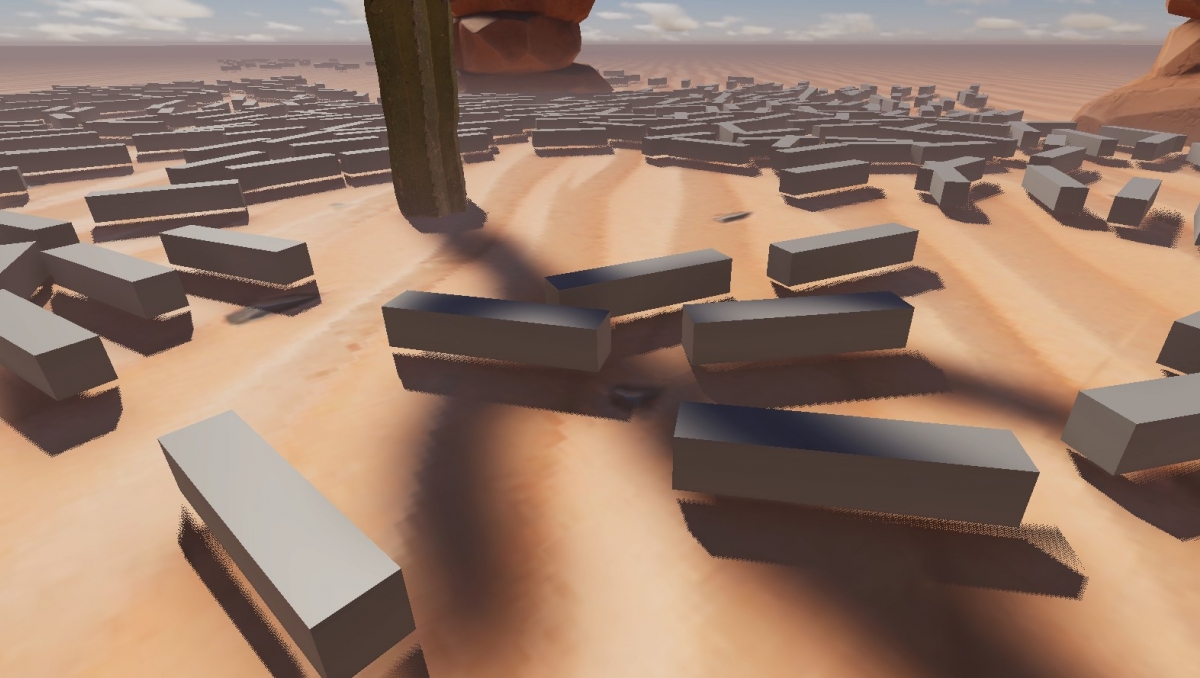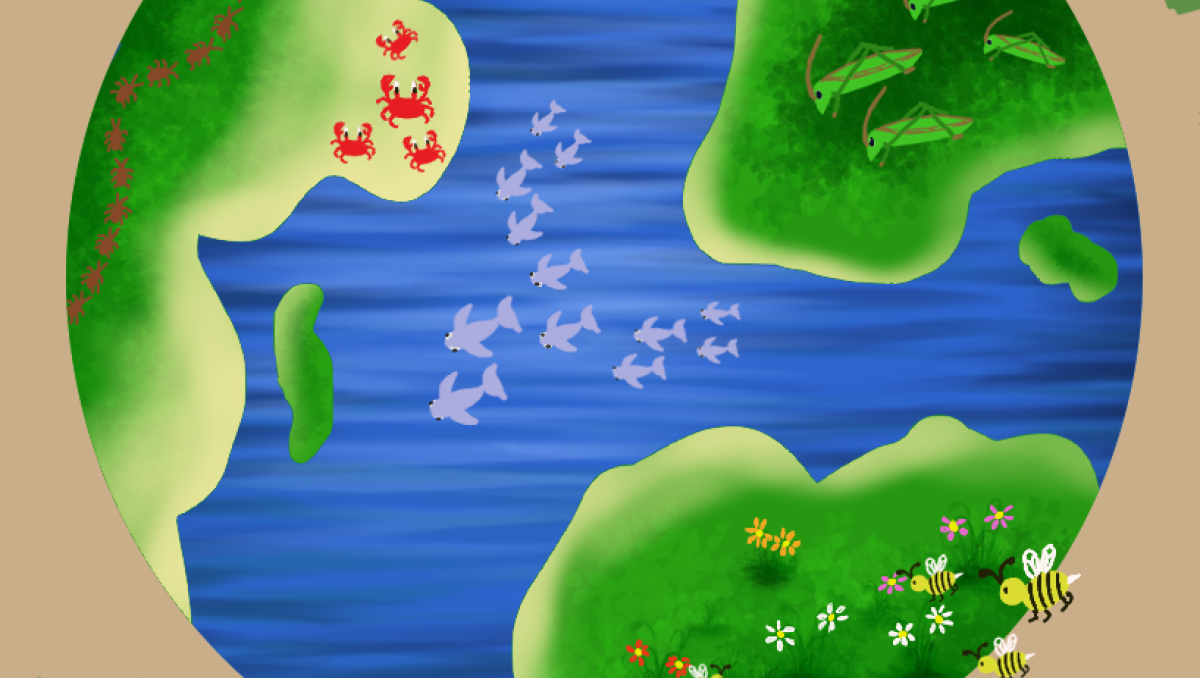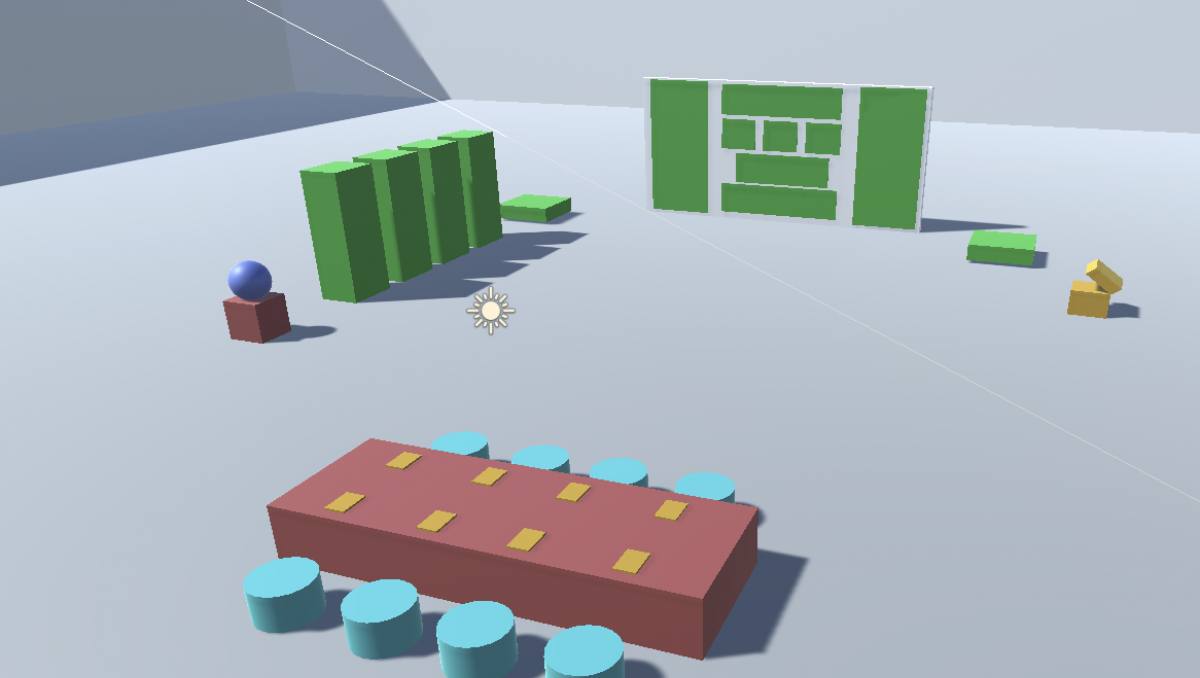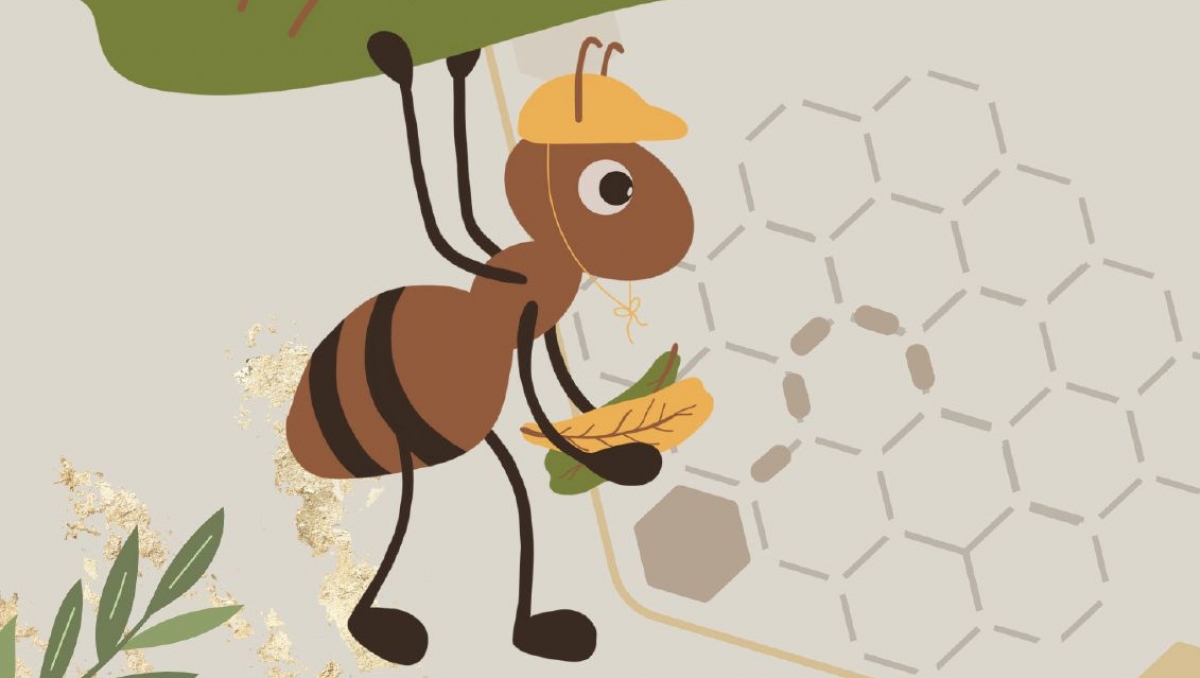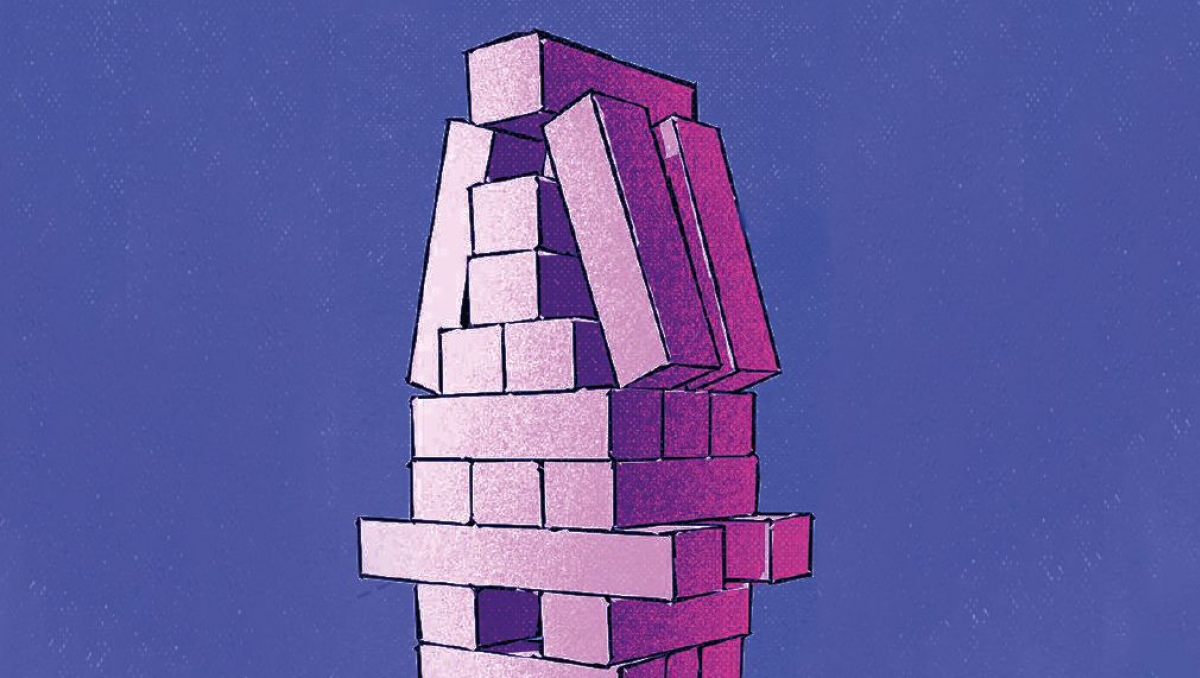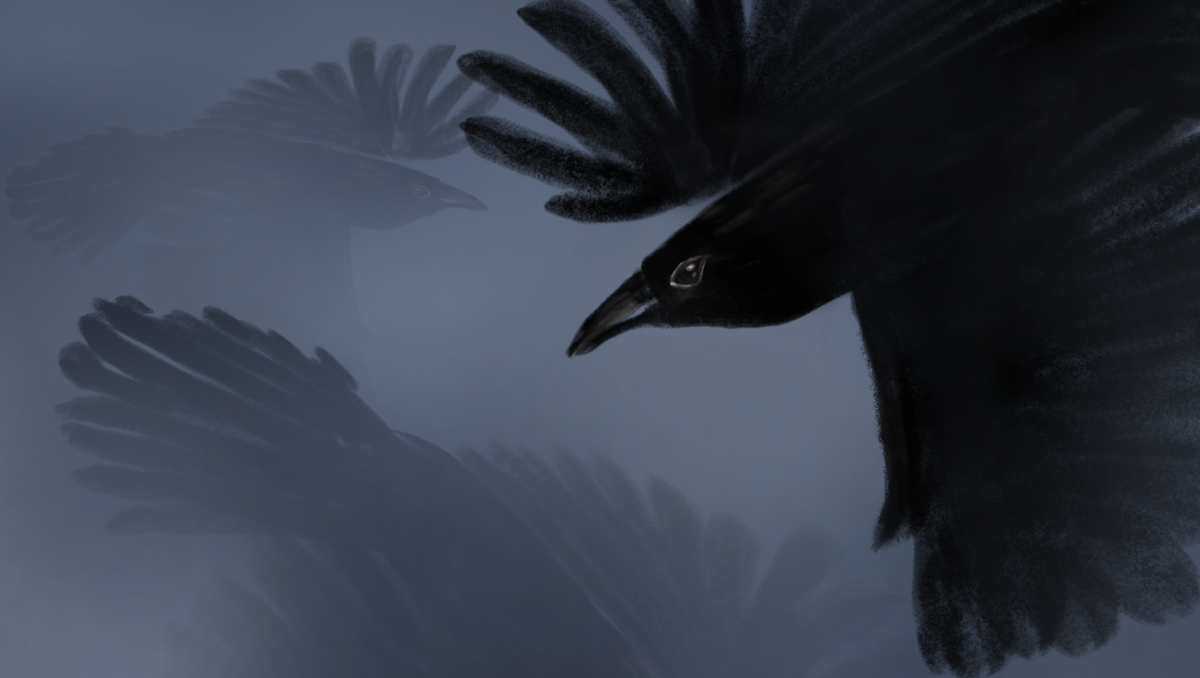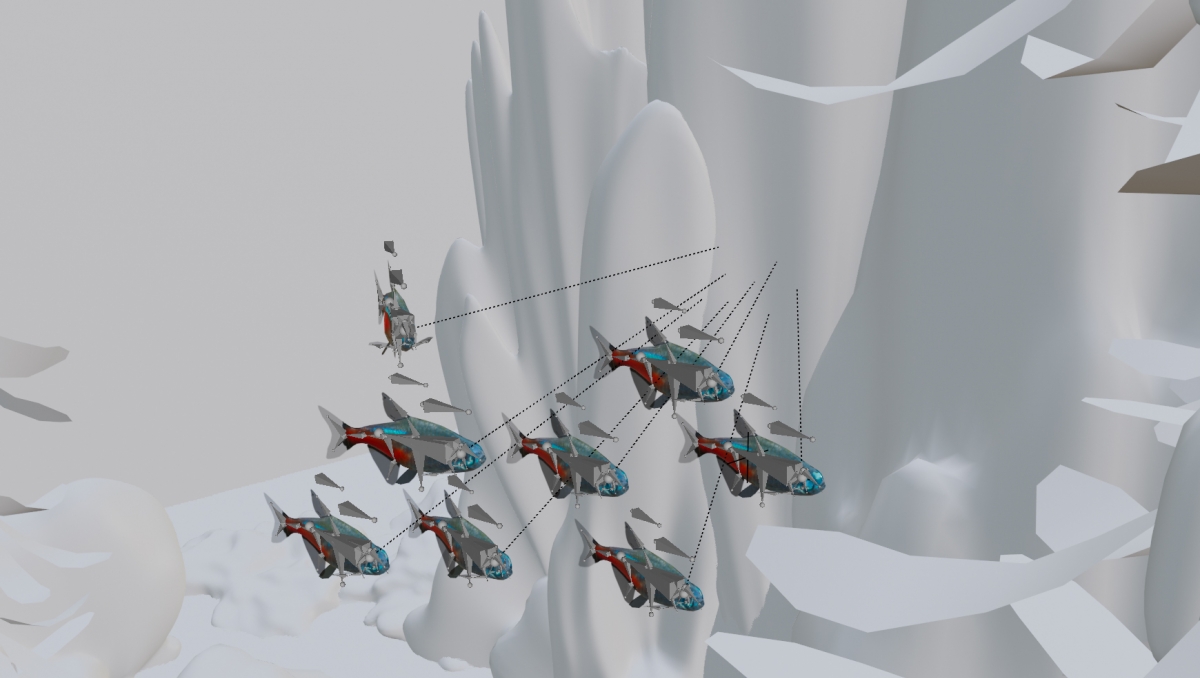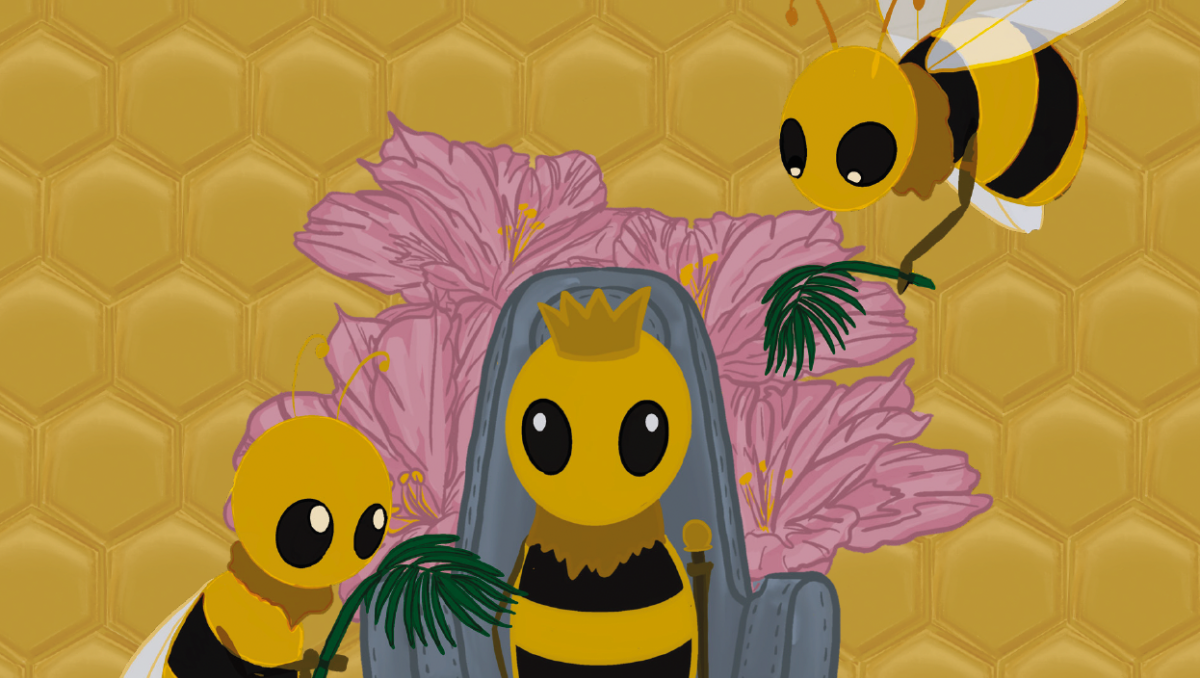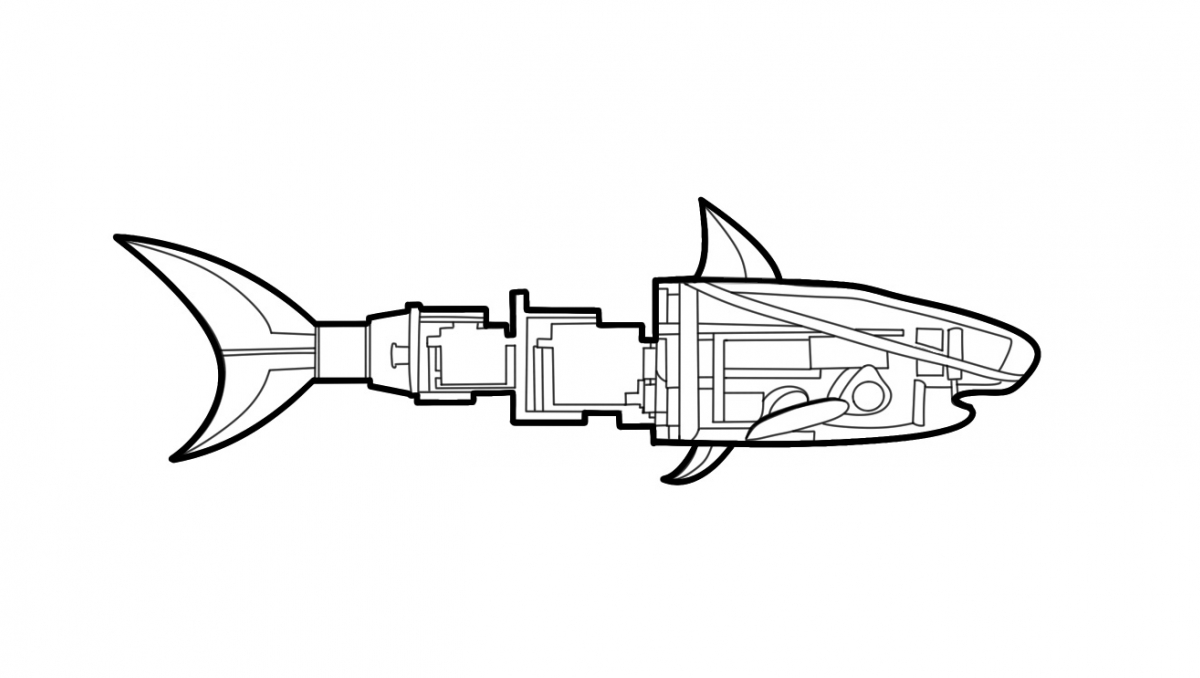"Out of the box": play and research
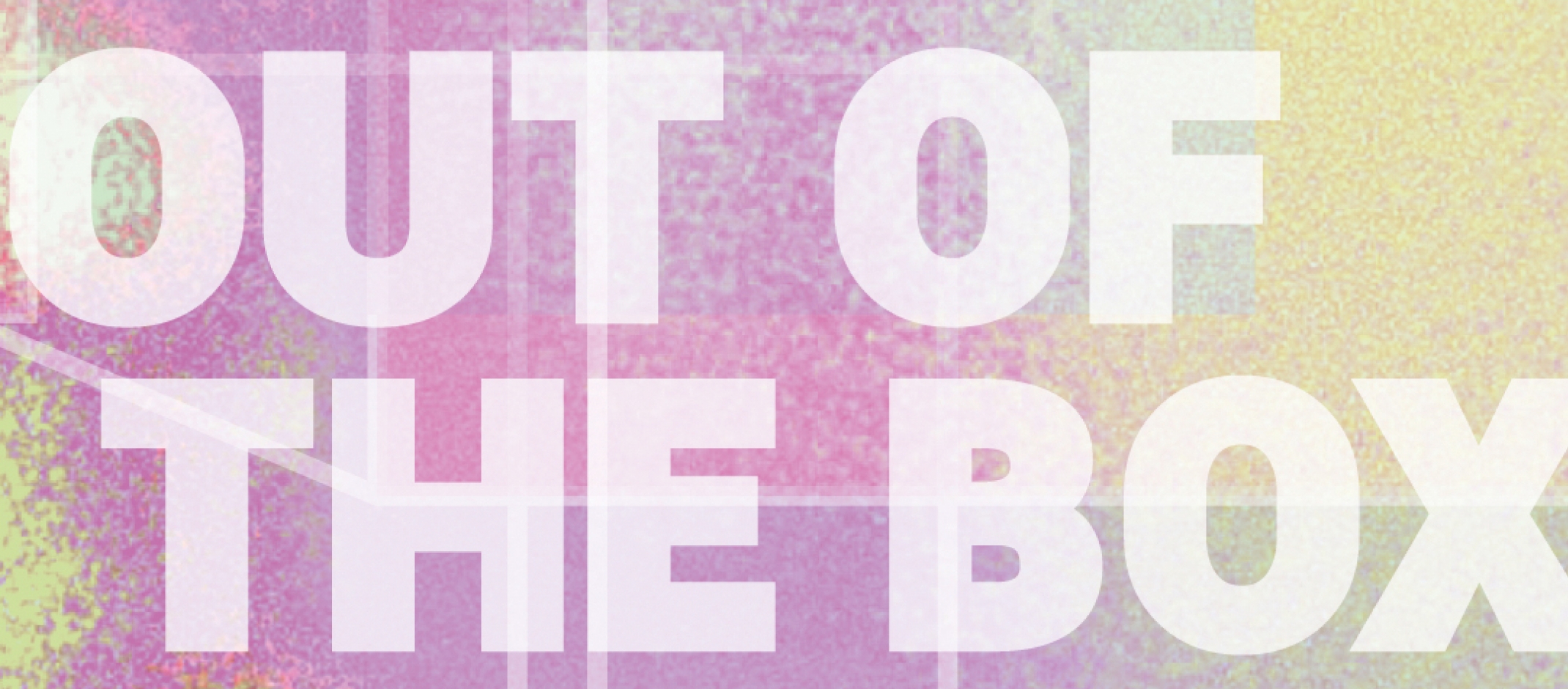
Everyone has played a game before. Most likely in a group too. Making games about collective behaviour makes sense, doesn't it? For this reason, the Cluster of Excellence Centre for the Advanced Study of Collective Behaviour (CASCB) is conducting a project in collaboration with the Merz Akademie, University of Applied Arts, Design and Media, Stuttgart, in the 2023 summer semester that focuses on the development of collective games.
“Collective behaviour, the subject of our current research, is fascinating as well as extremely important in today's age for the understanding of groups and societies and can help make sense of the world,” the researchers Nico Gradwohl und Vishwanath Varma say. Both postdoctoral researchers from the CASCB had in mind to introduce people (including pupils) to the principles of collective behaviour.
Principles of Collective Behaviour
1. Simple rules such as following or avoiding neighbours can result in complex, coordinated patterns of group behaviour.
2. Diverse abilities and tendencies of individuals can make a group greater than the sum of its parts.
3. Feedback loops facilitate rapid amplification or stabilization of group behaviours.
4. Structures of networks and rules of transmission determine how information spreads through a group.
© Prasetia PutraThe students from the Merz Akademie came to Konstanz for three days to gain an insight into the research topics and to learn the basic rules of collective behaviour at the CASCB. Here they are in the lab where Prasetia Putra conducts his study.
From the first idea to the implementation
The reserachers had been interested in the utility of games for engaging learners and had previously experimented with simple interactive formats for teaching complex ideas. "I felt that using games to illustrate collective behaviour in action may be an effective way to communicate the principles behind collective movements of locust swarms to contagion of ideas through networks," biologist Vishwanath Varma says.
“We soon noticed that with limited expertise and resources our games may be nice prototypes but won't look nice without a huge time investment besides our research projects,” psychologist Nico Gradwohl says. “Thus, collaborating with people with an eye for design and aesthetics seemed like an amazing opportunity to further our goal, also dividing labor.” That is why they were interested in collaborating with the arts students from the Merz Akademie – an ongoing collaboration between the University of Applied Arts, Design and Media and the Cluster of Excellence CASCB.
Together with Mario Doulis, Professor for New Media at the Merz Akademie, they put the idea into practice: „At a previous exhibition Vishwanath Varma talked about his wish to work on a set of games that would explain basic principles of collective behavior in a playful way,”Doulis says. He was in favour of starting a game project because: “Most people I know like playing games. Developing a game offers to designers the opportunity to mix fun with work. But there are a lot of different games, and it is a very challenging and complex task to design one. And a lot of games already exist. Best starting conditions for a semester project!”
The ground rules of collective behaviour form the basis of all games that the 12 students at the Merz Akademie are working on. The spectrum ranges from classic board games and computer games to digital escape rooms. Ants, bees, ravens, and fireflies are the animal heroes on the game board.
A Fireflies Fairytale von Isabel Carolin Kohlhagen
In “A Fireflies Fairytale” you enter an enchanting world where male fireflies seek the love of a female firefly. This multiplayer game requires two players and one keyboard, with each contestant controlling a male firefly using the “A” and “L” keys respectively. The goal is to synchronize your own lanterns with the swarm in the background, utilizing principles of collective behaviour such as synchronization, selfishness, social dynamics, and adaptive patterns. The winner of each round attracts the female firefly and if one player successfully captures her attention, they emerge victorious.Chirp and Conqueror von Philipp Hinterkopf
In "Chirp and Conqueror" you explore the fascinating world of the locusts. Start with one locust and grow your swarm by finding food and navigating different environments. Manage resources, survive challenging terrain, and aim for high scores as you guide your locusts to new territories in this strategy game.Beecraft von Lars Schiefer
"Beecraft" is a 2D point-and-click, management, single-player computer game. You manage a small portion of bees, giving them tasks for what to do next. It is not accurate to the life of an actual bee but it is possible to see how their life actually progresses via info panels.Gregarious von Jonas Eckert
"Gregarious" is a top-down puzzle game centred around locusts and their swarms. Explore the intricate dynamics of locust behaviour as they interact with their environment and one another. Your goal is to solve each level's puzzle by strategically placing and manipulating items within the scene. Once ready you start the simulation and watch the locusts’ behaviour play out.King of the Swarm von Marco Lüdtke
In the card game "King of the Swarm" you play with up to 4 players, to find out who can grow his own swarm to be the biggest and take over the world! (Or just a small piece of it) You play cards for your own benefits, to disrupt the plans of other players, and most of all to have fun! There are also cards that affect everybody in the game, like a twister or the uprising of the smaller swarms. Finally, you can choose your specific swarm (bees, birds, locusts, crabs, ants, or fish) to get individual aspects of these specific animals to help yourself and maybe strike deals with other players!Better Together von Karl Hartnigk
In this coop game you and your teammate find yourselves trapped, each confined to separate rooms. Your only hope of escape lies in collaboration and communication. With a shared goal, you must work together to solve a series of intricate puzzles scattered throughout the rooms. Furthermore, the game includes a system for item exchange. While confined to your separate rooms, you can pass objects between each other. Your success depends on understanding the significance of each item and how it relates to your partner's predicament. Sharing the right objects at the right time is crucial for your escape.Ant Empire von Dorothea Siebert
A fascinating and complex microcosm, which after all accounts for 20% of the earth's biomass, fights for survival every day. Where we do not look, the fierce war of the ants is taking place. Opponents are attacked, torn to pieces, and the battlefield is left full of corpses. Entire ant colonies are wiped out and the drama of life unfolds in its harsh reality. Still, the territory must be explored, the nest maintained, and the offspring raised. There has to be enough food for everyone - boredom can't happen. You can experience exactly this thrill when you slip into the role of an ant in "Ant Empire". Together with your partner, you'll have to explore the land, develop tactics, build your empire, and destroy the enemy. Will you manage to survive the Ant World War and win as the only colony?Midnight Tower von Cynthia Alejandra Onde-Breuil
“Midnight Tower” is a cooperative game where players work together to build a tower, assuming different roles with unique abilities. Through strategic decision-making and discussions, players aim to construct the specified tower or uncover and eliminate the saboteur. The game offers variations, challenges players' communication skills, and provides insights into the evolution of collective knowledge and strategies.Madness of the Crow von Tamina Büttner
Ravens and crows have been mysterious creatures in many tales for a long time. They are exciting creatures for sure. In “Madness of the Crow” you will explore the general behaviour of ravens and crows and you will need to collaborate as a team. To win the game, it's important to help each other, but you won´t get far when you´re not also deceiving your mates…Aquarium Adventures von Elvin Ayanoglu
In the captivating game "Aquarium Adventures" you take control of the brave fish named Golan, who lives in a dangerous aquarium. Your mission is to help Golan survive by cleverly seeking protection in the fish school. Utilize the collective strength of the swarm to ward off dangers and overcome thrilling challenges.The Great Bees Game von Marisa Scarpulla
“The Great Bees Game” offers fun for big and small. Help the honeycomb farmers by answering the right questions and secure the new offspring of the queen bee! Your goal is to finish a puzzle before completing the question cards. The game provides educational information about bees. But beware! Not all answers are as clear as you think at first glances.Otto's journey through the open sea von Alexandra Müller
In the interactive book "Otto's Journey through the open sea", you help the little fish Otto to get through the open sea. On his way, you have to help him with various decisions, which will influence the difficulty of his journey and his final destination. You and Otto are going to make some friends and learn more about the behaviour of fish.
About the collaboration
The students came to Konstanz for three days to gain an insight into the research topics and to learn the basic rules of collective behaviour at the CASCB. "Talking to the artists also helped me clarify concepts in my head, develop my own ability to simplify and clearly communicate my research, and identify important questions that I may want to work on in the future," Vishwanath Varma says. A joint game night was also not to be missed. With the versatile ideas, the students travelled back to Stuttgart and worked on the projects - not without challenges, as Mario Doulis describes: “The challenge for students is to align their widespread ideas to the project’s purpose, to explain the basic principles of Collective Behaviour. To do so sometimes means to give up your favorite idea and to work on another one. An important learning process for design students.”
Game event at the CASCB on 5 July
“I am truly amazed by the variety of ideas that the students came up with and I am really looking forward to seeing them come to fruition,” Nico Gradwohl says. All involved researchers love the visuals of the projects that already moved beyond a mere concept-stage. “I think, that this may truly help to illustrate some core principles of collective behaviour to educate people about the mechanisms we hold so dearly.”
On 5 July, the results will be presented at CASCB and of course will be played together!
- Opening event: 1.30 pm, ZT 702
- Game exhibition: ZT 9

